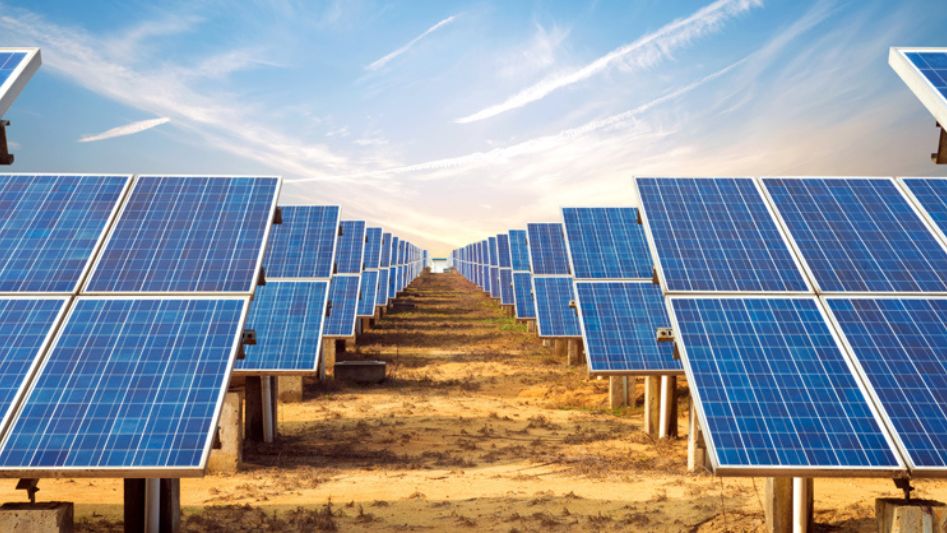
The contribution of solar energy to our overall mix of power generation is expanding, and it is expected to be a major factor in future energy generation evolution. The use of solar panels to generate electricity offers several significant benefits over fossil fuels, including the fact that it is both renewable and economical.
Is solar energy renewable?
Solar power is one of the most sustainable options since it uses no fossil fuels and produces no pollution. It just takes one hour for the sun to shine on the earth’s atmosphere long enough to create an amount of energy that could, in theory, power every single person on the planet for an entire year. We merely need to construct a sufficient number of solar panels in order to collect even a negligible amount of this energy.
Any energy source that spontaneously refills itself on a period relevant to humans is considered a renewable energy source. Because they take hundreds of thousands of years to create, non-renewable energy sources like coal and oil are not considered renewable. This is because these sources of energy cannot replenish themselves at the pace that people utilize today.
Solar energy comes to us in the form of the sun’s rays, while fossil fuels are derived from the earth’s more ancient carbon-rich remnants. Therefore, there will always be a need for solar energy as long as the sun continues to shine. As a point of reference, experts from NASA claim that the sun is around halfway through its existence. This indicates that we have approximately 4.5 billion years to use the energy the sun produces. Solar power is a very reliable source of energy that will never run out and is always up for business to anybody who wants it.
How green is solar power?

Solar energy is sometimes referred to as a “green” form of energy because, in addition to its ability to be replenished indefinitely, it does not have any negative consequences on the surrounding environment when it is used. The combustion of fossil fuels results in the emission of greenhouse gases and other particles into our environment. On the other hand, the production of electricity from solar panels is a process that results in no emissions and may take place anywhere the sun is shining.
A lot of people are worried about the consequences that producing solar panels will have on the environment. The creation of high-quality solar modules requires resources and energy, just like the production of any other manufactured good; this implies that the generation of solar energy has at least some effect on the surrounding environment. The good news is that this effect is modest in compared to the advantages of the emission-free electricity generated by solar panels, so this shouldn’t be too much of a concern. According to a number of studies, it takes just a few months for the environmental effect of manufacturing a solar panel to be “cancelled out” by the energy produced by the panel itself.
The production of solar panels has a negative impact on the environment, but that impact is being mitigated yearly because of advancements in solar panel technology and design. Take the efficiency of solar panels as an example; it’s been steadily improving yearly. This indicates that solar panels are growing much better at converting sunlight into emission-free energy, and that the relative environmental cost of making panels compared to the clean energy they provide is fast decreasing.

In addition, solar panels can be recycled, and the components contained inside them may be reused, reducing the total environmental imprint that solar energy has. Along the same lines as increases in panel efficiency, panel recycling methods are always improving, which further reduces the effect solar energy will have during its lifespan.
